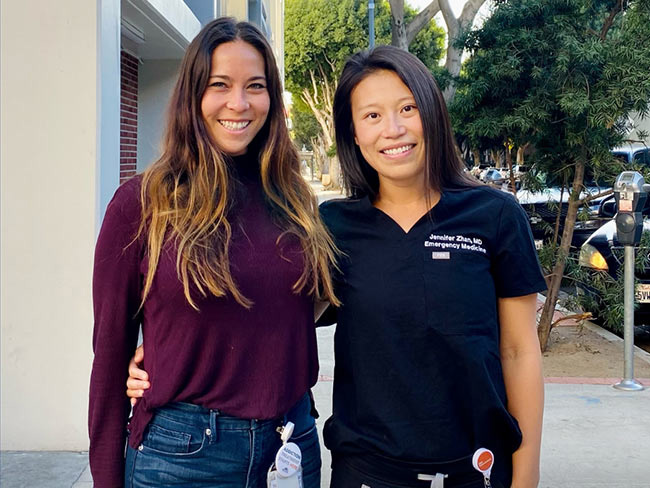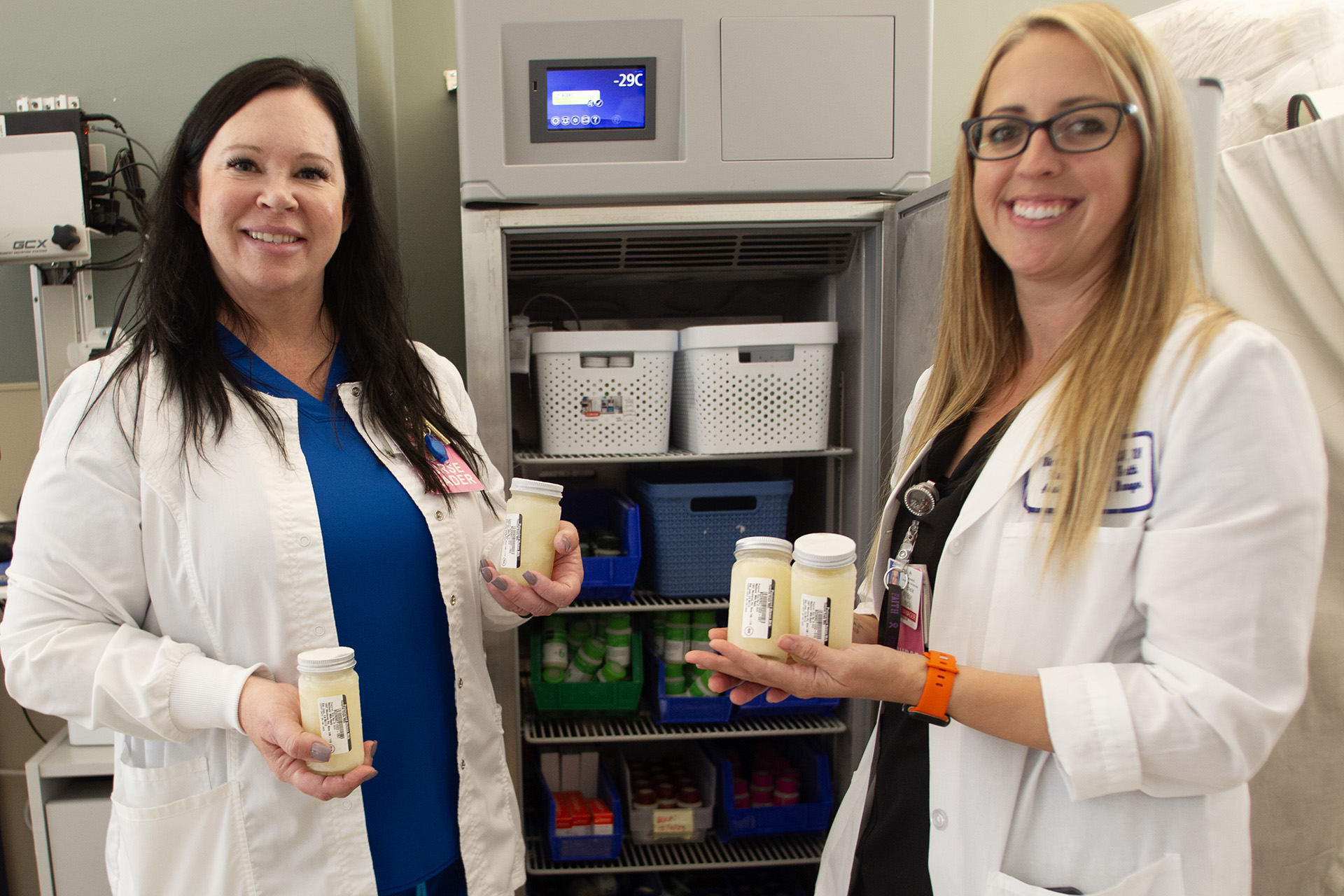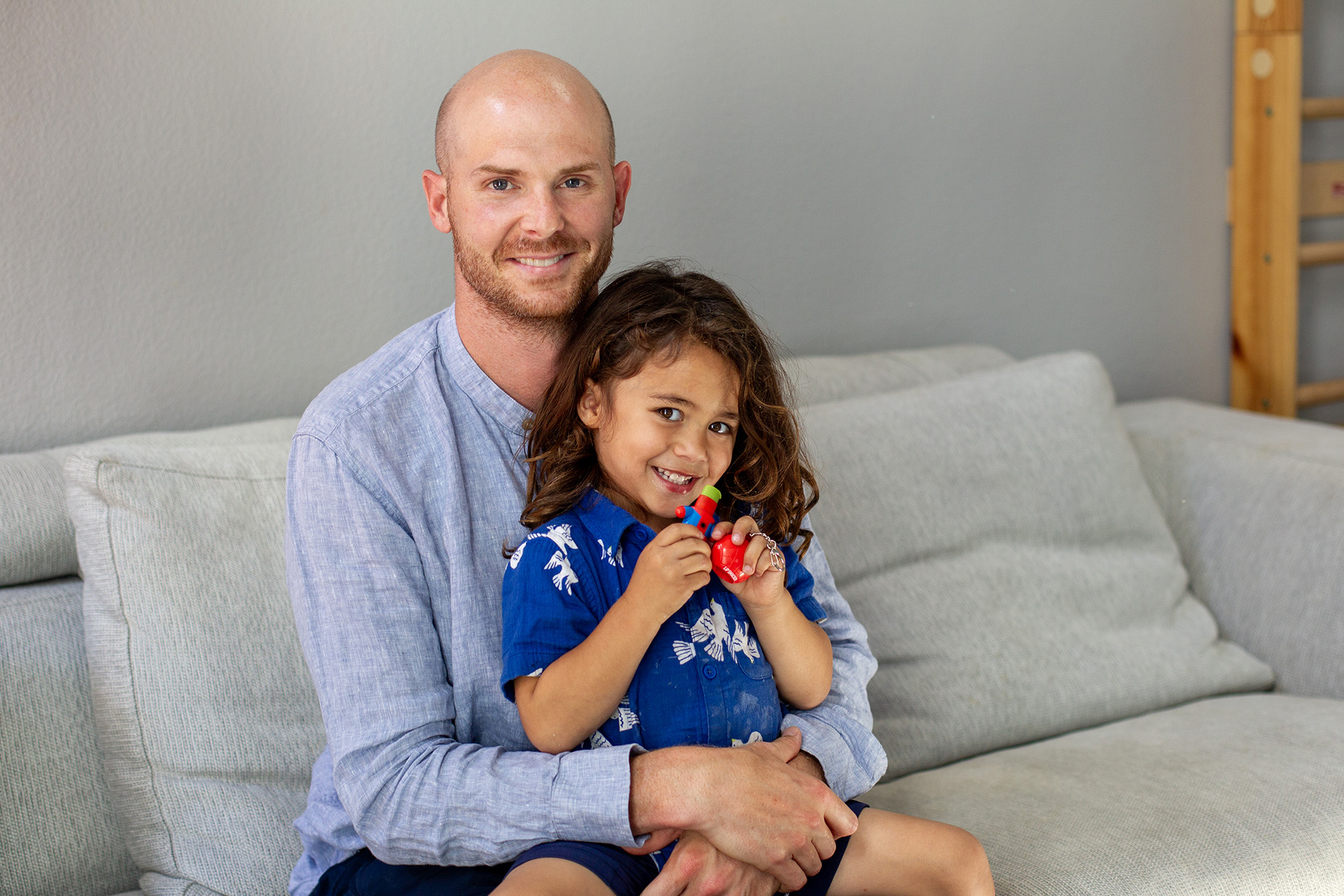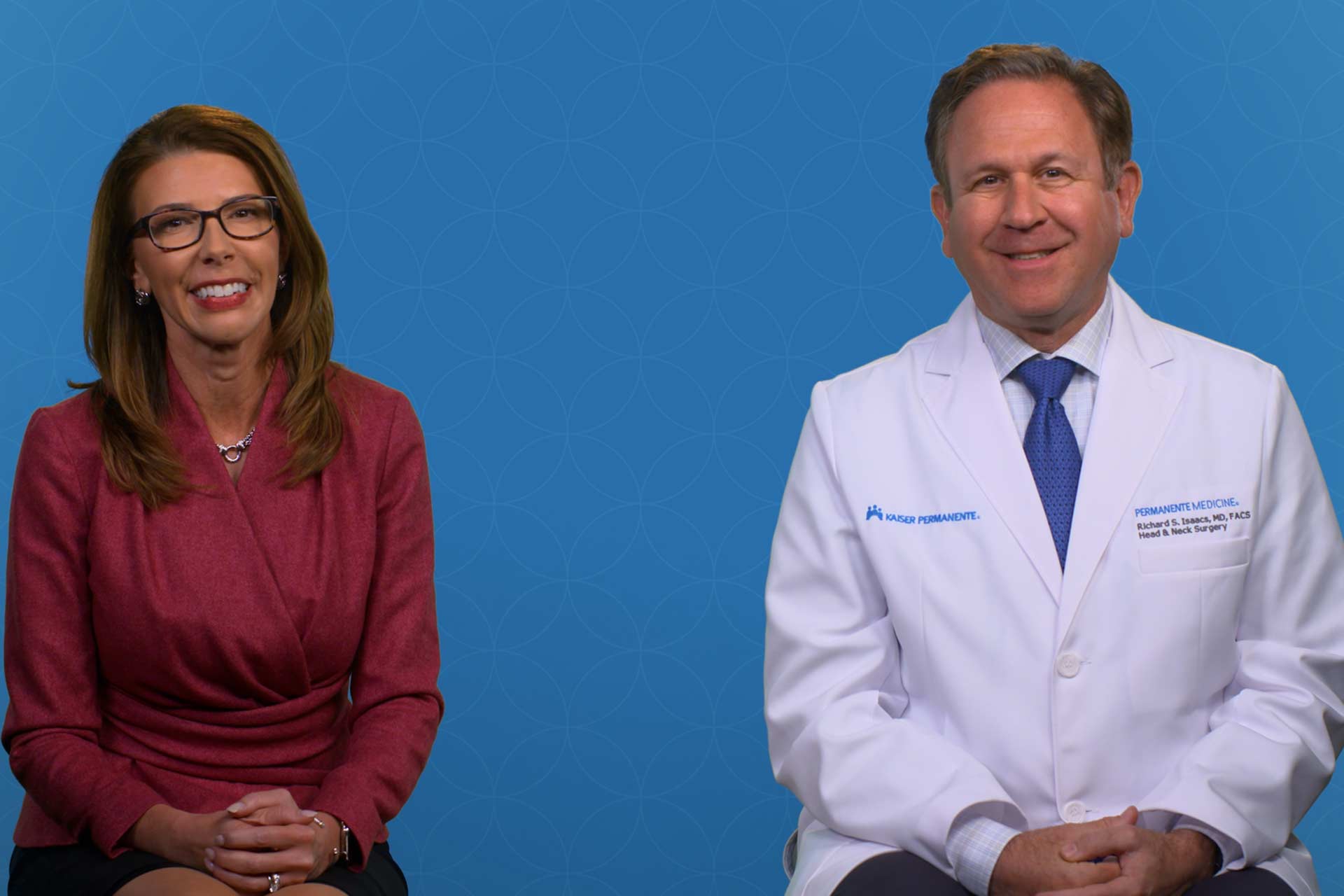As part of our longstanding commitment to Total Health, Kaiser Permanente must help members and non-members alike with substance use disorders and related behavioral health concerns, but this work is never easy. Fortunately, since KP has been a leader in providing evidence-based care to address these conditions, the California Department of Health Care Services, or DHCS, took notice in August 2020 and awarded $1.5 million to our 15 outstanding Southern California medical centers to support an expansion of the Bridge to Treatment Program. Each medical center received $100,000.
Several dozen California hospitals began participating in the BTP in 2019. It’s an innovative project that helps people with substance use disorder the moment they walk into an emergency department. Participating hospitals make medication for addiction treatment available in the emergency department to help patients with opioid cravings and then help those patients find long term help. At its core, the program is about destigmatizing substance use, integrating addiction treatment into standard medical practice. The Bridge to Treatment Program was so successful for these hospitals the DHCS decided to support its expansion.
Funds available through the expansion, called the Behavioral Health Pilot Project, support the addition of behavioral health counselors located in the emergency department to further help patients in need. These counselors can help patients access treatment for addiction as well as resources to meet their other social needs, such as secure housing and access to food stamps. Our new Thrive Local resource directory will play a key role in this work.
“These grants provide critical funding for this work,” explained Portia Jones, manager of Community Health for the San Gabriel Valley area, who helped spearhead Kaiser Permanente Southern California’s grant applications to the DHCS. “This helps us truly deliver on our Total Health promise, because the behavioral health counselor can help these patients access the other benefits and services they desperately need.”
The timing of the grants is especially helpful as well. Matthew Smith, MD, Emergency Medicine, Kaiser Permanente Los Angeles Medical Center and regional clinical sponsor for the Bridge to Treatment Program, explained, “Recent literature has demonstrated alarming spikes in drug overdoses both in Southern California and across the nation since the COVID-19 pandemic began in March 2020. The timing of Kaiser Permanente Southern California’s award for the Behavioral Health Pilot Project and Bridge to Treatment Program grants comes at a critical moment for our emergency department’s front-line efforts to intervene and change the trajectory of our patients’ lives with substance use disorders.”
“The COVID-19 pandemic has only worsened our country’s drug overdose crisis due to factors such as increased social isolation, stress, and inability to meet with support groups in person.”
Sylvia Everroad, RN, MSN, chief operating officer, SCPMG
Kaiser Permanente’s emergency departments serve both KP members and non-members alike.
“I am incredibly excited about this public-private partnership and the lives we will save together,” said Dr. Smith.
“Now that we have overcome the third COVID-19 surge, the time is now right to implement grant funding,” said Greg Kelman, MD, FACP, regional medical director, Operations, SCPMG. “We have asked our area medical directors and chief administrative officers in our medical centers to support the Bridge to Treatment Program by hiring a Behavioral Health Navigator to support Medication-Assisted Treatment in the acute care setting.”
DHCS has sent out all grant fund checks for Kaiser Permanente’s Southern California hospitals and LAMC has already hired its behavioral health navigator.
“The COVID-19 pandemic has only worsened our country’s drug overdose crisis due to factors such as increased social isolation, stress, and inability to meet with support groups in person,” said Sylvia Everroad, RN, MSN, chief operating officer, SCPMG. “The Bridge to Treatment Program is an evidence-based clinical strategy that aims to increase MAT access for Medi-Cal and uninsured patients in our emergency departments; link emergency department patients with longitudinal community-based addiction and behavioral health services; and create a health care culture where addiction is recognized as a chronic recurrent disease that can be treated successfully like diabetes and hypertension without stigma.”
For questions or other inquiries about the Bridge to Treatment Program, please reach out to the program’s mailbox at KPSC-BTP@kp.org.





This Post Has 0 Comments